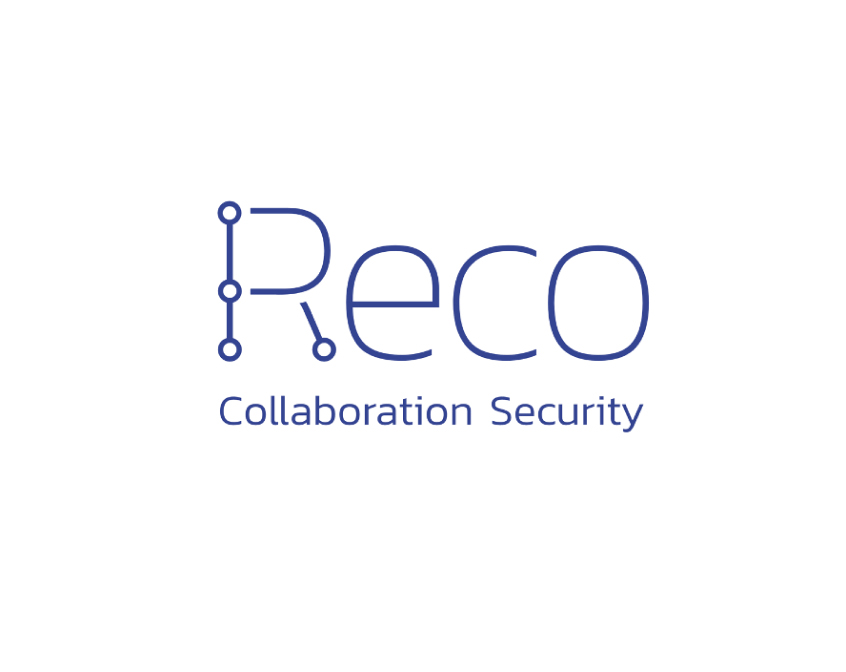We’ve all been there before. We open up an unfamiliar envelope in the mail, only to find that we owe money for a doctor’s visit, a routine teeth cleaning, or perhaps an old credit card that we forgot to cancel. We now owe money to a company we’ve never heard of, and have to pay a charge that we didn’t budget for that month.
Debt collections agencies are the firms enlisted to recover old debts from consumers. When people receive a phone call or letter in the mail from a debt collector, it’s not something they look forward to. Collections agencies are faced with the challenging task of working with people at their lowest.
Also known as the accounts receivable management (ARM) industry, these firms play a crucial role in modern capitalist economies by lowering the risk that creditors take in allowing consumers to borrow from them. Credit plays a major role in consumer purchasing of crucial services in healthcare, higher education, and retail. In some industries, such as dentistry, as much as 30% of a dentist’s revenue goes into collections. If a dentist was unable to tap a collections agency to help them recover the debt, it would force them to increase their prices to the rest of their clients, or demand that their clients pay upfront, which would decrease access to lower income consumers.
At the same time, collections agencies are more aligned with the borrowers’ best interest than they realize. Collections agencies are financially incentivized to work with consumers to provide flexible payment options as well as negotiate on their behalf with creditors, reducing the likelihood that the borrower needs to pay back their entire balance. By ultimately closing out a consumer’s debts, agencies help make it more likely that a financial services firm offers credit to them in the future.
Despite the critical role that the ARM industry plays in our economy, collections agencies are resigned to running software that dates back to the early 2000s – before the cloud or modern API-based architectures. Extreme levels of technical debt by incumbent software providers makes them slow to release new features, comply with new regulations, and ultimately results in a poor experience for both collectors at the agencies and the consumers with whom they engage. As a result, agencies are faced with growing costs as they try to compensate by building their own technology while investing less in their core business of recovering accounts.
Aktos is changing that with a first-of-its-kind, modern system of record for collections agencies. It provides a cloud-native, API-driven, fintech-first operating system that manages the end-to-end workflow for debt collectors. In a single system, collectors can now collect payments and handle invoicing, communicate with consumers across modern channels, and ensure consistent compliance.
With Aktos quickly becoming the go-to platform for modern agencies, the company is helping the ARM industry to leapfrog nearly two decades worth of software innovation that have largely left it behind. Aktos’ intuitive, enterprise-grade yet consumer-friendly software platform makes it easy for agencies to get started, and its full suite of API integrations enables seamless integration into agencies’ existing systems.
Aktos’ founders Peter Wang and Daniel Pao are on a mission to build the modern operating system for the ARM industry. We are thrilled to be partnering with them as the co-lead investor in their seed financing round alongside our friends at 8VC.
To learn more about Aktos, check out their website, launch announcement, and the Axios article on their fundraise.
Related Articles

Reco: Securing Collaboration at the Speed of Business

Integration App: The World’s First AI-Powered Integrations Stack
Crew Capital is thrilled to be leading the $3.5M seed round in Integration App alongside our friends at Cortical Ventures,…









